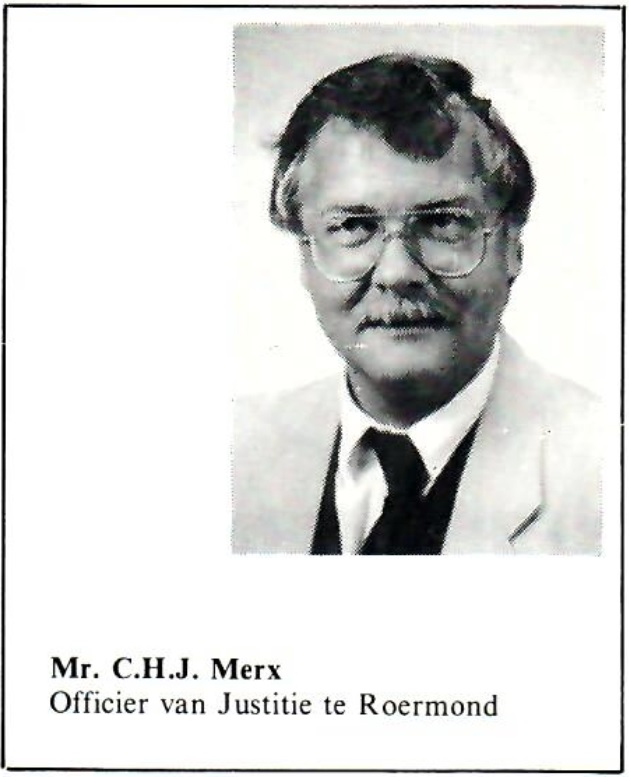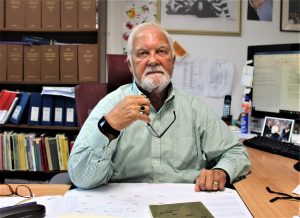Distinction between natural and unnatural death remains unclear

PHILIPSBURG – The jury is still out on the cause of death of 43-year old psychiatric patient Caulette Julien. Dr. Kitty Pelswijk, the interim director of the Mental Health Foundation claims that Julien died of natural causes. Dr. Mercuur has a different opinion: he maintains that this is a case of unnatural death.
Related article: Psychiatric patient dead in solitary confinement
Attorney Cor Merx, who once was a prosecutor in Roermond, wrote in 1988 an extensive article about the distinction between natural and unnatural death in Dutch Forensic Magazine under the headline: The death in medical and legal perspective.
Relevant legislation does not clarify the difference between natural and unnatural death, Merx wrote more than thirty years ago. Even better: it does not even offer a definition of natural death. But the distinction is important to determine whether a medical professional is authorized to issue a death certificate. Forging a death certificate is punishable by law.
Related article: An audit at Mental Health, but no death investigation
The guidelines for physicians do offer a definition of unnatural death: “Every death due to the fault or intention of third parties, suicide, also when this is due to a mental illness (the Dutch text uses the term zielsziekte), dying due to an accident or – and here Merx italicizes the text: – due to violence, chemical as well as physical also when this has not been caused by human actions.”
Based on this definition, the crucial question in the Julien-case is obviously whether she took medication or whether she was forced to take medication while she was in solitary confinement.
The explanatory memorandum with the amendment to the Law on Undertaking of 1955 refers in its definition about the cause of death. Merx wrote that in his opinion physicians have to establish the cause that resulted in death.
 Merx agrees that first the cause of death has to be established based on induction: a thorough examination of the body. The facts that are thus gathered must be the basis for the hypotheses related to the cause of death.
Merx agrees that first the cause of death has to be established based on induction: a thorough examination of the body. The facts that are thus gathered must be the basis for the hypotheses related to the cause of death.
Not following that procedure could lead to wrong conclusions. Merx mentions the example of a death that was initially attributed to asthma, while a routine control showed that the person had been shot in the head.
Merx then defines unnatural death as “every death caused by a crime or a misdemeanor, suicide or disaster / accident, insofar this has been caused externally.”
Merx concludes that a physician who is confronted with a “suspicious” body should not issue a death certificate; instead, he should call the municipal medical examiner.
###
Related articles:
Mental Health Law not being applied
Three months in solitary confinement, then deported
“Solitary confinement belongs in the Middle Ages”
MHF explains hiring process non-BIG Medical Professionals
Video images of Caulette Julien still not released
‘Black stock’ of antipsychotic drugs at MHF
Too many drugs: polypharmacy alarming trend at Mental Health Foundation
Medical liability issue gets attention from government
Psychiatric patient dead in solitary confinement
MHF response to article StMaartenNews.com September 22, 2020
Medical recognition divisive issue at Mental Health Foundation
Interim Director responds to publication about MHF turmoil
Mental Health Foundation in turmoil
Announcement New Interim Director Oct 1 2020


























